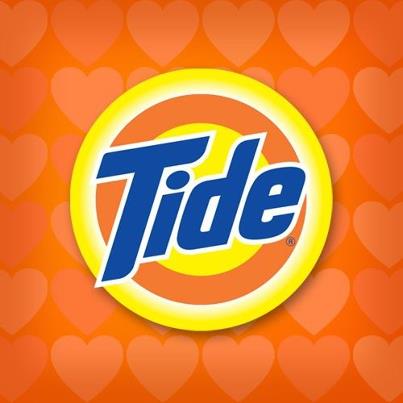 Can you be addicted to a brand? Does your brain cause you to keep buying expensive brand name merchandise? An article titled “Suds For Drugs” in New York Magazine seems to suggest this.
Can you be addicted to a brand? Does your brain cause you to keep buying expensive brand name merchandise? An article titled “Suds For Drugs” in New York Magazine seems to suggest this.
The article tells how Tide detergent has become the shoplifted product du jour (probably replacing baby formula), and that people boost and resell or trade it to fund expensive street drug habits.
It’s an interesting piece, and although he never says it outright, you can’t help but feel by the end that the author is equating consumerism and brand loyalty with drug habits. Of course, I can’t disagree, since I don’t think there’s anything special about drug “addiction” that makes it different than any other habit. But as readers of this blog know, I do have a major problem with the “brain disease” meme – this deterministic idea that every human behavior can be reduced and attributed to brain activity.
The storyline is boosted with quotes from experts on the psychological effects caused by various fragrances used in Tide, and some talk about the cultural prestige involved in using popular brands. That’s all well and good, but here’s the part that gets me:
Once people pick a brand, their reasons for sticking with it are largely automatic. Read Montague is the director of the human-neuroimaging laboratory and computational-psychiatry unit at Virginia Tech’s Carilion Research Institute, where he studies how people choose and value products using an fMRI machine. When shoppers are exposed to a brand they identify with, their ventral medial prefrontal cortex lights up—the same part of the brain associated with reward recognition in drug users. That neural pathway may have helped our ancestors remember, say, which plants were safe to eat or when a tribal marking meant a clan was worth avoiding. In the modern age, we use the same circuitry as a shortcut for more mundane decisions. “As long as it keeps paying you back the same way,” Montague says, you buy the same brands. The feedback loop flashes: “It’s worth the money.”
This is the old “lizard brain” thing again – the theory being that some evolutionary artifact causes us to lose control. This is supposed to be why we can’t stop ourselves from eating fat, sugar, and fast-food, viewing pornography, gambling, using drugs…… and it’s now the little biological flaw that marketers exploit to get us addicted to their expensive brand name products.
There is a feedback loop in the media, and this is the message that’s echoing through it: “the same part of the brain associated with reward recognition in drug users.” How many times have you heard that or a similar phrase? The neural correlates of substance use were found and declared to be the cause of substance use and the evidence of the “brain disease of addiction.” And now, the neural correlates of everything else that people do repeatedly seem to always be found in roughly the same place: “the same part of the brain associated with reward recognition in drug users.” And the same logic is applied, all because we can’t dare to question the sacred cow of addiction.
Again, how many times have you heard phrases like this?: “the same part of the brain associated with reward recognition in drug users.” If you haven’t heard it before, start paying attention. You’ll be shocked, and the entire concept of addiction will become completely deconstructed within your mind.
